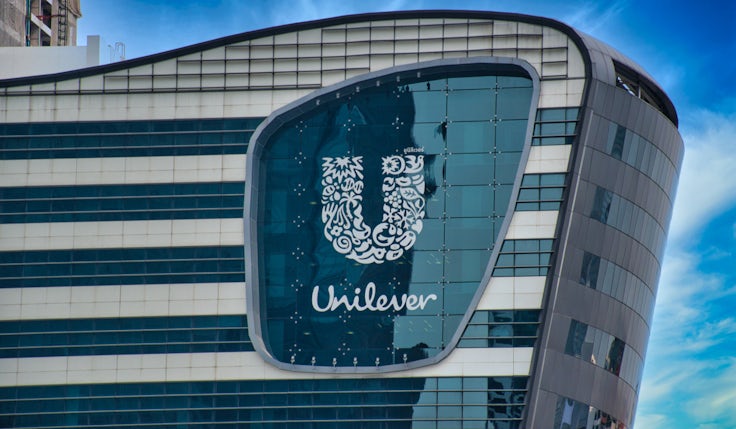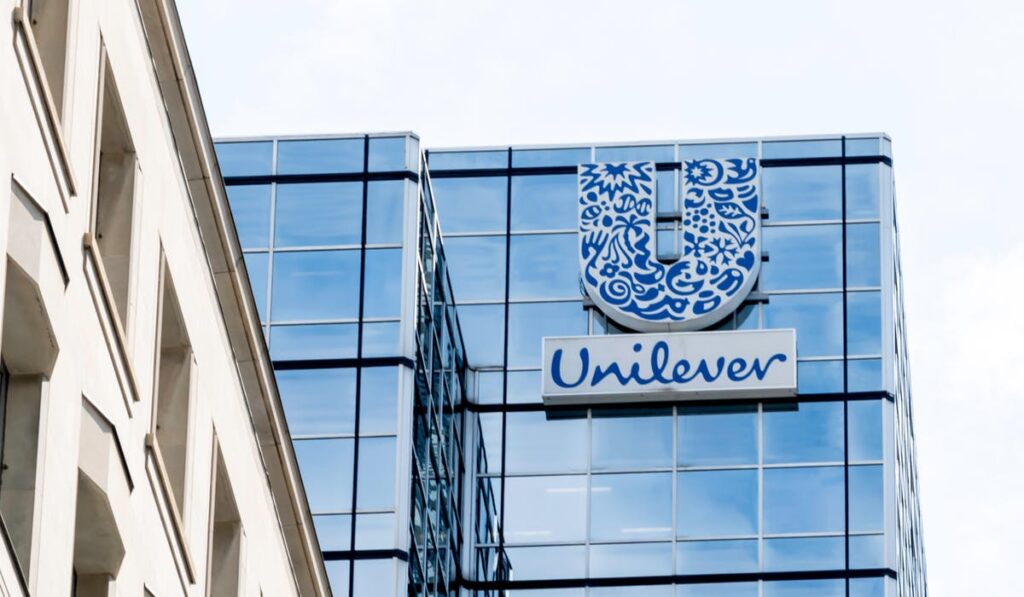 Unilever’s new CEO has pledged to step up influencer marketing to drive “desire at scale”, as it aims to appeal to what he sees as increasingly sceptical consumers.
Unilever’s new CEO has pledged to step up influencer marketing to drive “desire at scale”, as it aims to appeal to what he sees as increasingly sceptical consumers.
“Today, brands are by default suspicious,” CEO Fernando Fernandez said. “Messages from brands coming from corporations are suspicious messages.”
He was speaking during a fireside chat with an investment analyst last Thursday (6 March), during which the newly appointed CEO, who only took over the role at the start of this month, laid out his priorities for the business.
Fernandez outlined a belief that consumers are now “much more discerning, much more demanding”, and inherently cynical about the messages big businesses are presenting to them. In order to succeed in this environment, Unilever is evolving its marketing strategy to centre word-of-mouth, or what Fernandez called “others say” at scale.
Desire has been a very important word or mantra in my time in beauty, but I believe that applies to any single business group.
Fernando Fernandez, Unilever
“Creating marketing activity systems in which others can speak for your brand at scale is very important,” he said.
This requires using influencers, celebrities and other content creators, he stated. He wants Unilever to prioritise local influencers to reach consumers.
“There are 19,000 zip codes in India, there are 5,764 municipalities in Brazil. I want one influencer in each of them. In some of them, I want 100, but at least I want one in each of them,” he said.
This ambition will require a “very different” content creation strategy from what Unilever had in the past, he acknowledged.
‘Market-maker, not share-taker’: Sure on why it is pioneering whole body deodorant
Fernandez is a Unilever veteran and previously served as president of the beauty and wellbeing unit, before taking on the CFO role last year. During his tenure leading beauty brands like Dove and Tresemmé, the idea of “desirability” was central to driving consumer demand, he noted.
“Desire has been a very important word or mantra in my time in beauty, but I believe that applies to any single business group,” he said.
The plan to step up influencer marketing comes from his wider goal as CEO to drive “desire at scale” throughout the business. He declared himself a big believer in premiumisation, but said that this requires “desire” for the brands.
“Getting a portfolio that is more premium requires injecting desirability at scale. I’m a great believer in that,” he said, adding this had not previously been “injected” in Unilever’s marketing strategy.
‘Obsessed with volume growth’
Fernandez’s appointment as CEO came as a surprise to many of Unilever’s investors as his predecessor, Hein Schumacher, had been in role for less than two years and was viewed as having successfully begun a turnaround for the consumer goods giant.
During the fireside chat last week, Fernandez was asked by interviewer Warren Ackerman, Barclays’ head of consumer staples research, about “the elephant in the room”: why Schumacher was replaced as CEO.
While Fernandez praised the “really good job” his predecessor had done, he said that ultimately, the board felt he was the best person to take the company forward.
“The board believes that for the next phase of transformation of the company, which is fundamentally making Unilever a world-class company in terms of brand creation and market execution, my skill set, and track record are a better fit,” he said.
Unilever CEO departs after two years as the FMCG giant admits it has ‘much further to go’
Much of what Fernandez said expands on pillars of growth his predecessor had outlined. For example, Schumacher had previously spoken about a “social-first demand creation” strategy. Another commonality is around innovation, with “fewer, bigger, better” new products being a key mantra from Schumacher’s time in charge.
Speaking last week, Fernandez reiterated the company’s commitment to innovation, positioning it as essential for volume growth.
“I’m obsessed with volume growth… Innovation is a key driver of volume growth,” he said.


